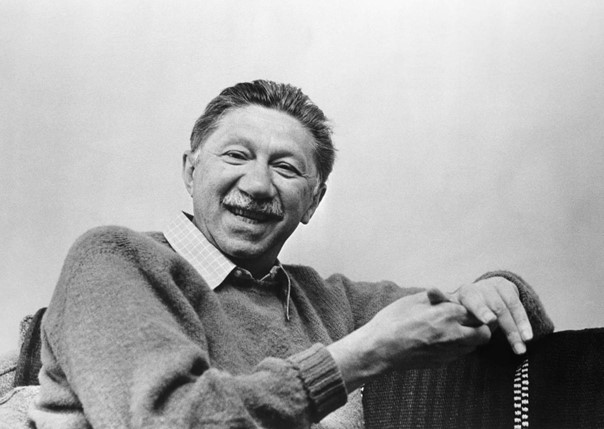Maslow’s Mistake, Human Contact, and Nature

We are all familiar with the famous pyramid of Abraham Maslow (1928-1970), which places physical needs such as food and shelter at the base. Above that, come safety and existential security, and only then the need for social contact and love. At the top, we find self-esteem and self-actualization through peak experiences.
However, Maslow was mistaken, says neuroscientist Matthew Lieberman in his book: “Social, Why Our Brains Are Wired To Connect”. Based on numerous studies, he claims that it has been demonstrated that social connectedness is the primary basic need of humans and animals. So, at the base, instead of physical needs, lies social connectedness.
Lieberman emphasizes that our brain has evolved to seek social interaction and connectedness, as this is crucial for our physical condition and well-being. Particularly during the coronavirus era, we have seen that a lack of human contact has led to disastrous consequences.
However, Maslow has also made many good statements in which we recognize ourselves. According to Maslow, immersing ourselves in the wilderness can help us achieve peak experiences. These are moments when we feel completely at one with our surroundings, where time seems to blur, and we experience a deep sense of satisfaction and meaning.
By exploring the natural environment and detaching ourselves from daily concerns, we can experience a deeper connection with ourselves and the world around us. The sound of birds, the scent of flowers, the touch of the wind; all of this can bring us into a state of wonder and awe. And in silence, we come to new insights.
Have you ever had such an experience?

Share or write a comment